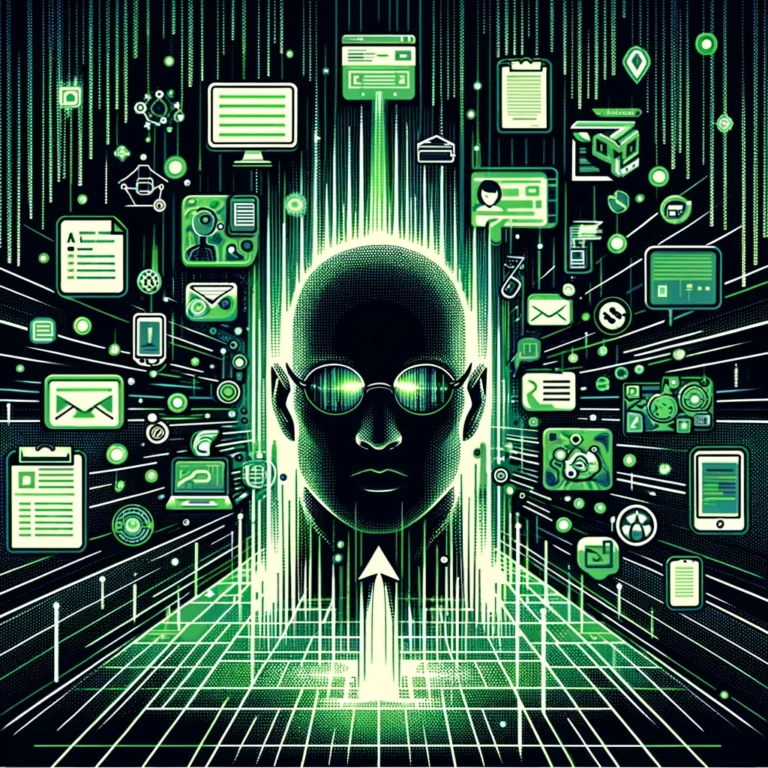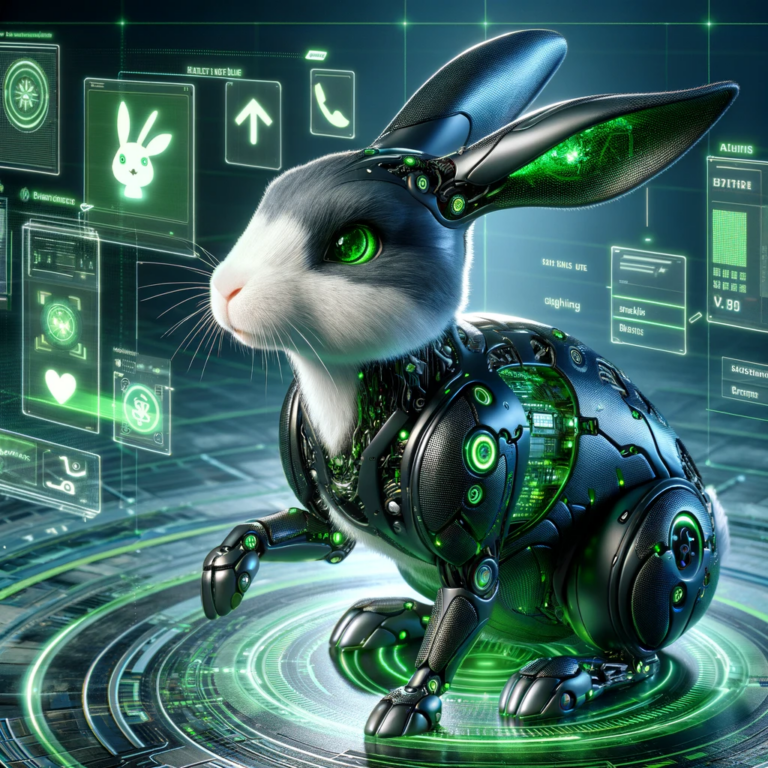There’s a prevailing sentiment that the rise of artificial intelligence signals the decline of the human workforce. However, that’s not entirely accurate. According to a recent report by tech behemoth IBM, while artificial intelligence is unlikely to replace human employees entirely, those who harness the power of artificial intelligence will inevitably have a distinct advantage over those who don’t.
Understanding the Artificial Intelligence Landscape in Businesses
Businesses are enthusiastically integrating artificial intelligence into their operations. The main incentive? It allows employees to allocate more time to tasks requiring human intuition, emotion, and personalized touch. Contrary to the fearmongering narrative, artificial intelligence will simply execute what it’s trained for. The dystopian notion of robots taking over jobs en masse might be a tad exaggerated.
Nevertheless, disruption is on the horizon. IBM’s interactions with executives suggest that a staggering 40% of the global workforce – that’s 1.4 billion out of 3.4 billion – will need to upskill within the next three years due to AI and automation.
Educational institutions have sensed this shift. Prestigious universities such as the University of Cambridge and the University of Edinburgh now offer courses on artificial intelligence ethics, emphasizing responsible technology use. Moreover, various online platforms are rolling out specialized artificial intelligence and machine learning programs to equip people for the augmented future.
In a 2023 LinkedIn Future of Work Report, Singapore emerged as the frontrunner in AI adoption, with Finland, Ireland, India, and Canada trailing close behind. Significantly, individuals from sectors beyond technology – including retail, education, and financial services—are also acquiring artificial intelligence skills. In the near future, possessing STEM skills might be the new normal, pushing managers to prioritize people skills, collaboration, and time management as differentiators.
The Upscaling Phenomenon
Here’s an optimistic take: IBM’s discussions with top executives revealed that a whopping 87% believed artificial intelligence would augment roles rather than replace them. Yes, the roles most susceptible to change might be the entry-level ones, but this doesn’t imply mass unemployment. Instead, it signifies an evolution in job responsibilities and requirements.
But companies must be cautious. IBM’s CEO, Arvind Krishna, stirred the pot by hinting at a potential reduction in human roles at IBM due to AI and automation. It serves as a stark reminder: businesses must ensure that humans remain in control of artificial intelligence, not vice versa.
Prepping for the AI Era: Steps You Can Take
- Lifelong Learning: Embrace online courses, certifications, and degree programs focusing on artificial intelligence, machine learning, and associated fields.
- Soft Skills Matter: As STEM becomes commonplace, differentiate yourself with enhanced people skills, adaptability, and collaboration abilities.
- Stay Updated: Regularly update your skillset and be open to new technologies and tools that emerge in your field.
- Adopt an AI-First Approach: Even if you’re not in tech, familiarize yourself with these applications in your sector.
In summary, artificial intelligence is not the adversary—stagnation is. As we stand on the cusp of an powered business landscape, proactive adaptation, continuous learning, and flexibility are the keys to remaining indispensable.
To learn more about the IBM report, read it here.
And to learn more about the latest updates in artificial intelligence and tech, please visit www.rewired.com.




